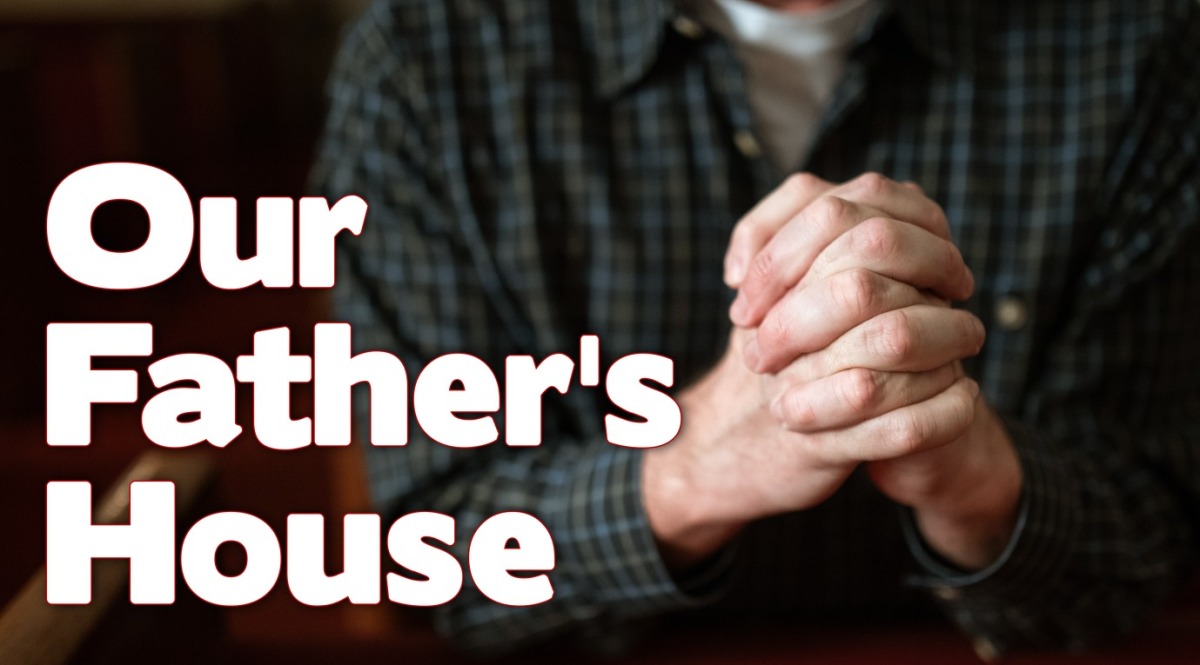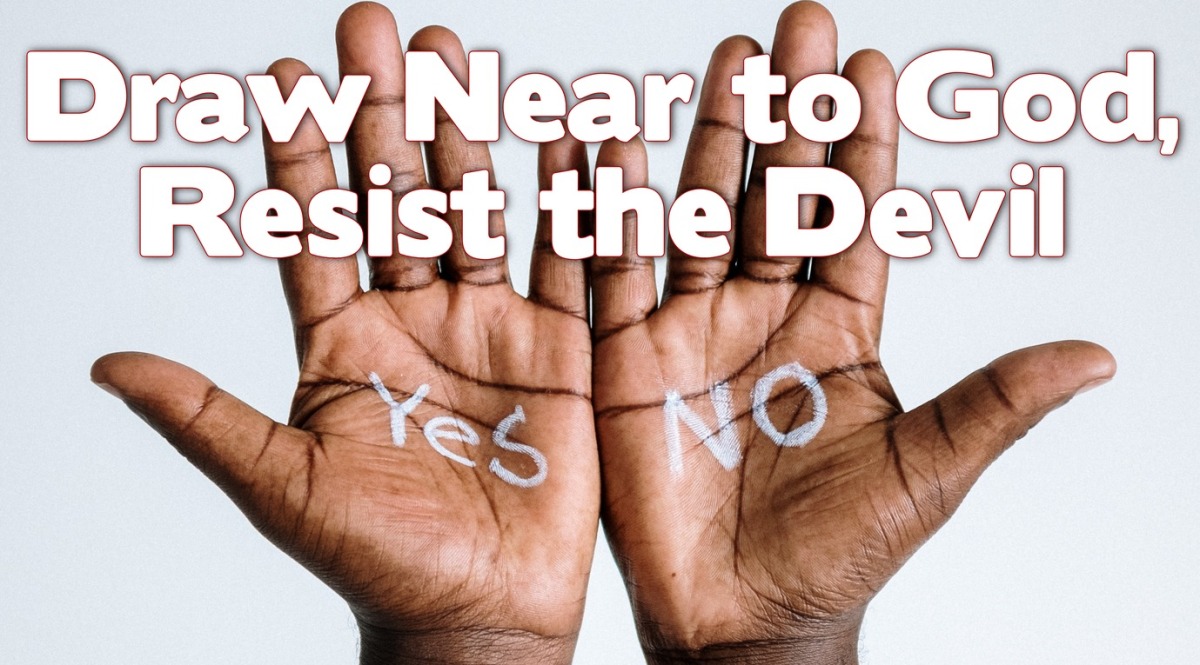Today’s reading is John 2.
Jesus demonstrated Himself to be the prophet superior to Moses, turning water into wine. What do we expect Him to do next? Surely, as Moses marched into Pharaoh’s house and demanded he let God’s people go, Jesus will march into Rome and demand Caesar let God’s people go. Or perhaps He will march into Jerusalem and demand all the Romans go. But He doesn’t. He does almost the exact opposite. Instead of chasing the Romans out of Jerusalem, He chases the Jews out of the temple.
Jesus was far more concerned about the children of God distorting, twisting, and perverting the house of God, than He was about the enemies of God’s people who oppress, enslave, and persecute them. If Jesus were to show up on earth today, where would He go? Do you think He’d march into Washington and drain the swamp? Or do you think He might march into the churches and purify the springs?
When the disciples considered Jesus cleansing the temple, they recalled Psalm 69:9:
For zeal for your house has consumed me… (ESV)
Whatever David was going through at the time, his detractors looked down on him for his work on the Lord’s house. They were apparently accusing him of theft (Psalm 69:4), likely in connection with the collection he was taking to prepare for the building of the temple. He was so intent on the Lord’s house, people around him thought he had crossed lines. When the early Christians read Psalm 69, they saw Jesus. Of course, they would. After all, Jesus saw Himself there. He’ll apply Psalm 69:4 to Himself. We’ll see that when we get to John 15.
Why tell this story? John writes to explain Jesus is the Christ, the Son of God. What does this event have to do with the goal? Surely, one of the big reasons people continued to reject Jesus in John’s latter days was the crucifixion. If Jesus was the Messiah, why had He ended up on a cross? John is setting the stage. Jesus ended up on a cross because, like David, He was consumed with zeal for God’s house. His Father’s house. He is crucified because He dared stand up for God, for the Father. Why didn’t anyone else stand up in that way? Because they weren’t the Son. But a Son will defend His Father and will cleanse His Father’s house.
Of course, we should make application today. We do not worship in a Jerusalem temple. But we are part of the New Covenant temple. We are part of the house of our Father. We need to have zeal for our Father’s house. We need to have the kind of zeal Jesus did. We need to be ready to drive out those who will make our Father’s house a house of trade and especially those who will make it a den of thieves. We must drive out those who will twist, distort, pervert the purpose and work of Christ’s church. And as we do, some will think we have crossed lines. If we are children of the Father, we will also let zeal for God’s house consume us.
Tomorrow’s reading is John 2.
PODCAST!!!
PATHS:
Discuss Today’s Meditation with Your Family
How does John 2 prompt or improve your hope in God?




